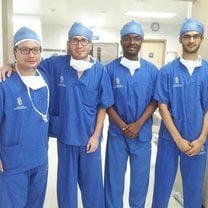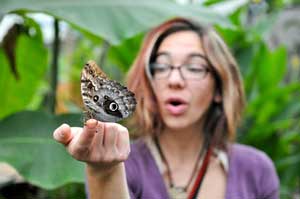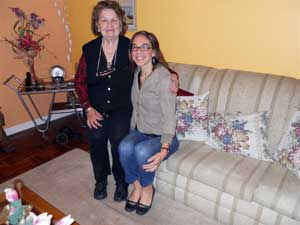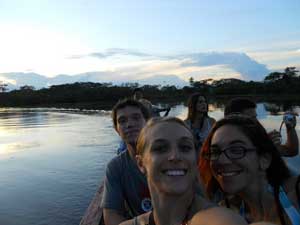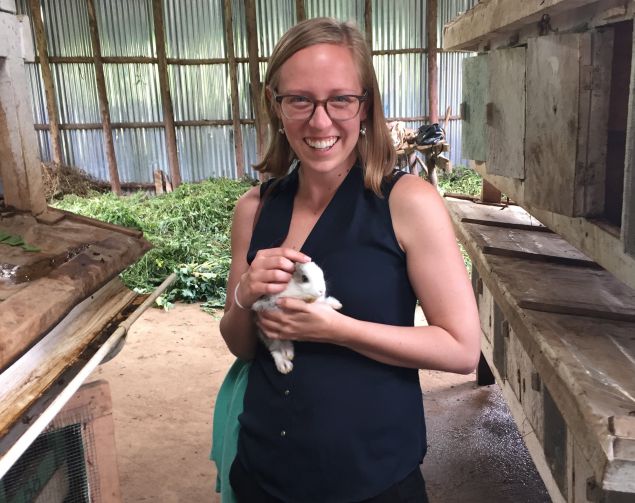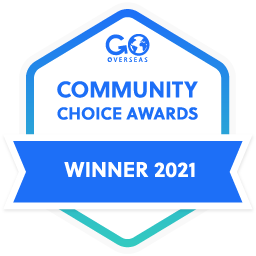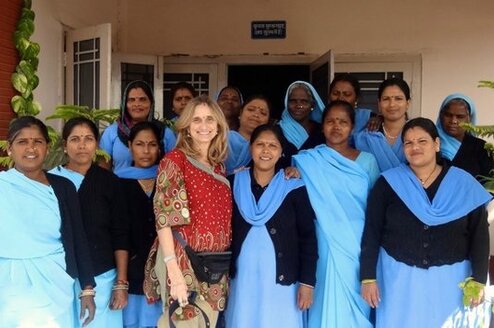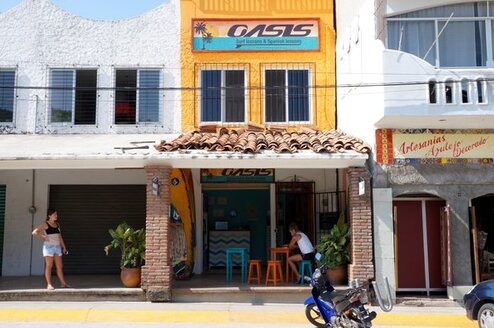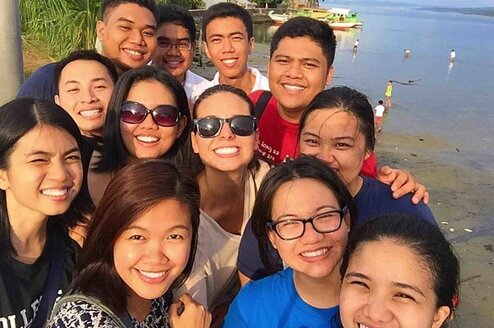Global Health Experiential Education in Ecuador
Location
- Ecuador
- Quito
- Guayaquil
- Amazon
Length
4 to 10 weeks
Project Types
Community Development
Family
Service Learning
Social Services
Youth
Education
Health Education
Health
Sexual Health
Medical
Elderly Care
Human Rights
Indigenous Rights
Women's Rights
+4
General grants/scholarships
Health & Safety
Feb 27, 2024
Mar 31, 2024
19 travelers are looking at this program
About Program
Observe, learn, and experience Ecuador’s healthcare system first-hand through CFHI’s multiple immersion programs. You will come away with a holistic view of healthcare reform as Ecuador is undergoing one of the largest scale ups of Family Medicine in the world with an ambitious agenda to provide "Health for All." CFHI offers numerous opportunities to observe public and medical health efforts within Ecuador:
-Global Health in Ecuador, Guayaquil & Puyo
-Global Health in Ecuador, Quito
-Intensive Beginner Spanish & Global Health in Ecuador
-Virtual Global & Public Health Internship – Ecuador (Guayaquil & Puyo)
-Virtual Global & Public Health Internship – Ecuador (Quito)
Video and Photos
Diversity & Inclusion
BIPOC Support
CFHI is deeply committed to supporting BIPOC participants in our programs, building our programs and operations from a basis of anti-oppression, anti-racist, and anti-colonial approaches. We work closely with our Global Team to provide participants with location-specific information regarding local customs, norms and recommendations. During pre-departure preparation, we encourage participants to discuss their identities, needs, abilities, and concerns and set up 1:1 planning calls to ensure questions are answered, and a robust support system is established before travel. In addition, our local teams and CFHI leadership are available 24/7 to offer support and assistance.
LGBTQIA+ Support
At CFHI, we are dedicated to fostering an inclusive and supportive environment for participants of all identities, including those within the LGBTQIA+ community. We firmly believe in equal access to quality global health education, ensuring that everyone can engage and thrive. We collaborate with our local teams to provide resources and support to participants that is specific to each program and location. During pre-departure, participants are encouraged to discuss their unique concerns and set up 1:1 planning calls to ensure questions are answered and a robust support system is established before travel. Through these efforts, we aim to foster an environment where participants can learn, grow, and make meaningful connections while participating in global health experiences.
Neurodivergent Support
CFHI encourages participants to discuss their accommodation needs with CFHI after acceptance to their program to ensure we understand the accommodations needed and be well prepared to support them. Before departure, our team will work directly with each student and their institution (if relevant) and will make every possible effort to implement learning and physical accommodations and adaptations, remove barriers and allow full access to the extent possible without fundamentally altering the program's essential structure and standards. If it is not possible to accommodate a student on their first choice of program due to significant structural barriers or similar, CFHI will work with the student and their institution to select another suitable program option.
Accessibility Support
CFHI encourages participants to discuss their accommodation needs with CFHI after acceptance to their program to ensure we understand the accommodations needed and be well prepared to support them. Before departure, our team will work directly with each student and their institution and will make every possible effort to implement learning and physical accommodations and adaptations, remove barriers and allow full access to the extent possible without fundamentally altering the program's essential structure and standards. If it is not possible to accommodate a student on their first choice of program due to significant structural barriers or similar, CFHI will work with the student and their institution to select another suitable program option
Impact
Sustainability
Sustainability is at the core of our partnerships at CFHI. Our longstanding global partnerships, spanning more than 10+ years, reflect our ethical and Fair-Trade approach. CFHI's organizational values emphasize our interconnectedness as humans sharing one planet. To expand educational opportunities while reducing our organizational carbon footprint, we offer a range of virtual/online programs. Additionally, several programs focus on Planetary Health and encourage participants through our Planetary Health Pledge to commit to actionable initiatives that contribute to a healthier planet. Through these efforts, we are dedicated to nurturing sustainable and enduring relationships with our partners and the planet.
Ethical Impact
CFHI is a leader in community-based Global Health Education Programs with over 30 years of experience and in Special Consultative Status with the United Nations. CFHI's work has centered around offering safe, ethical, and sustainable global health education opportunities to trainees and academic partners. Our research and scholarship have focused on documenting the harm caused by neocolonial and paternalistic approaches to global health engagement and collaboratively developing standards and best practices rooted in Fair Trade Learning Principles, Asset-Based approaches, and appropriate legal and regulatory frameworks. Through immersive experiences, participants are embedded in existing health systems, deepening their understanding of host countries' health landscapes, refining intercultural communication, exploring complex health realities, and cultivating a commitment to global health ethics.
Program Highlights
- Become immersed in Ecuadorian culture and language while living with local families and taking Spanish classes.
- Focus on rural and community medicine and gain exposure to infectious and tropical disease.
- Identify and appreciate the differences between urban and rural government institutions, including social security, faith-based healthcare services, NGOs and others.
- Learn about the community-based healthcare system in the Amazon region of Ecuador.
- Learn about indigenous healthcare beliefs by visiting local indigenous communities such as Shiwakocha (Kichwa), Uwijint (Shuar) and Jatari (mixed).





